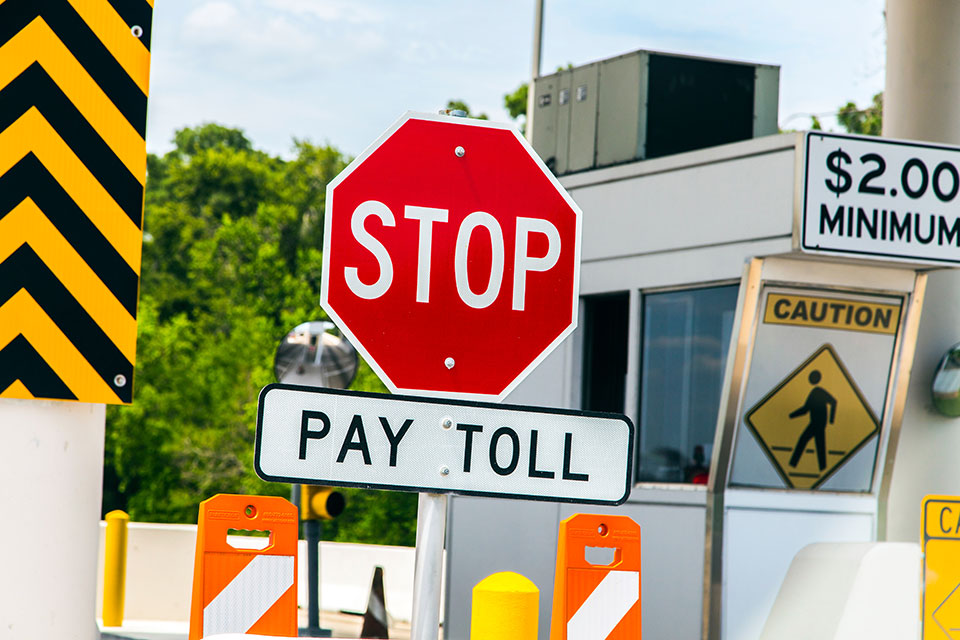
Whether you've driven through a toll recently or not, you may have received a text saying you owe money for unpaid tolls. It's probably a scam. Scammers are pretending to be tolling agencies from coast to coast and sending texts demanding money. Learn how the scam works so you can avoid it.
You get a text out of the blue that says you have unpaid tolls and need to pay immediately. The scammy text might show a dollar amount for how much you supposedly owe and include a link that takes you to a page to enter your bank or credit card info — but it's a phishing scam. Not only is the scammer trying to steal your money, but if you click the link, they could get your personal info (like your driver's license number) — and even steal your identity.
To avoid a text scam like this:
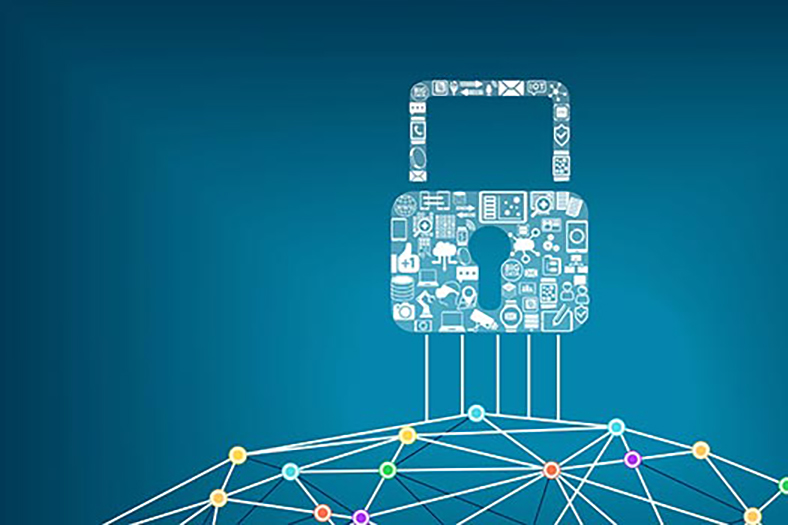
There has been an increase in fraud targeting mortgage closing companies and consumers near the closing date of their dream property.
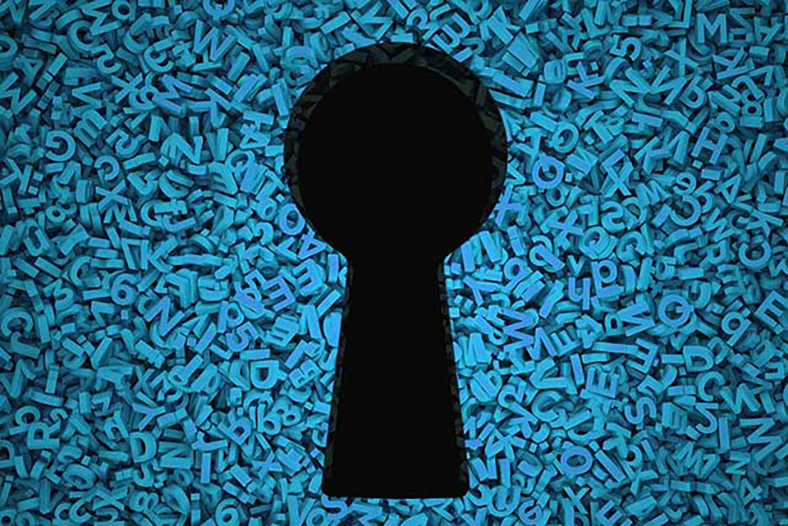

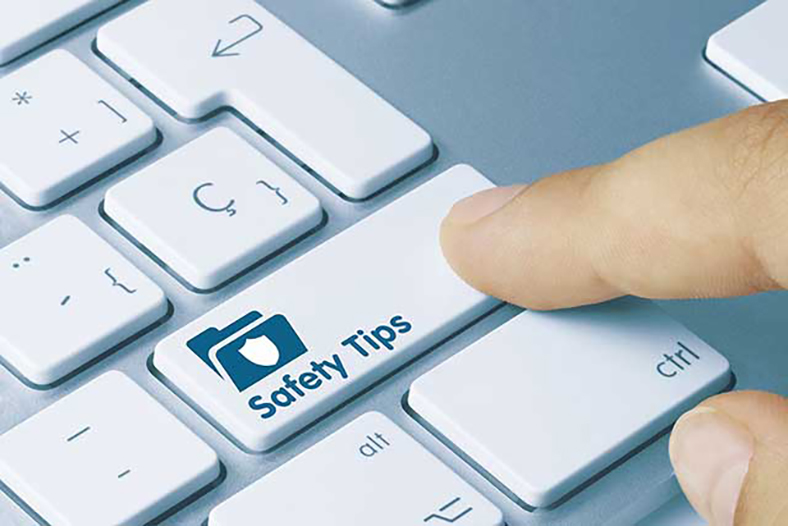



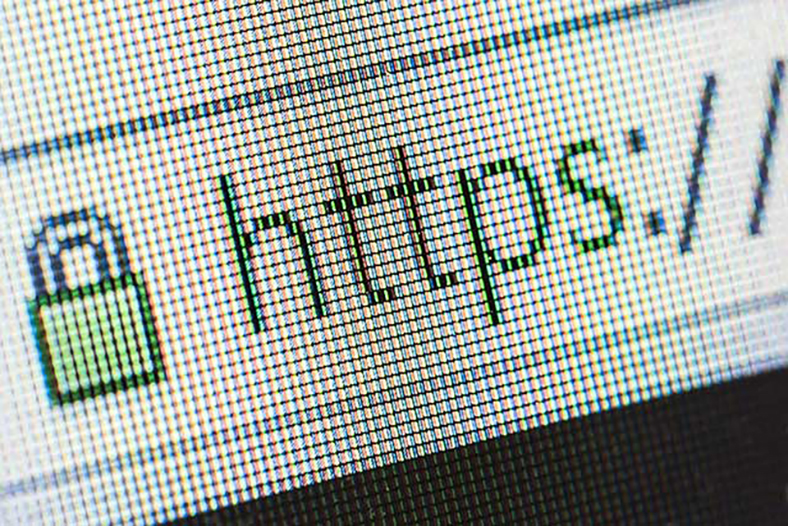


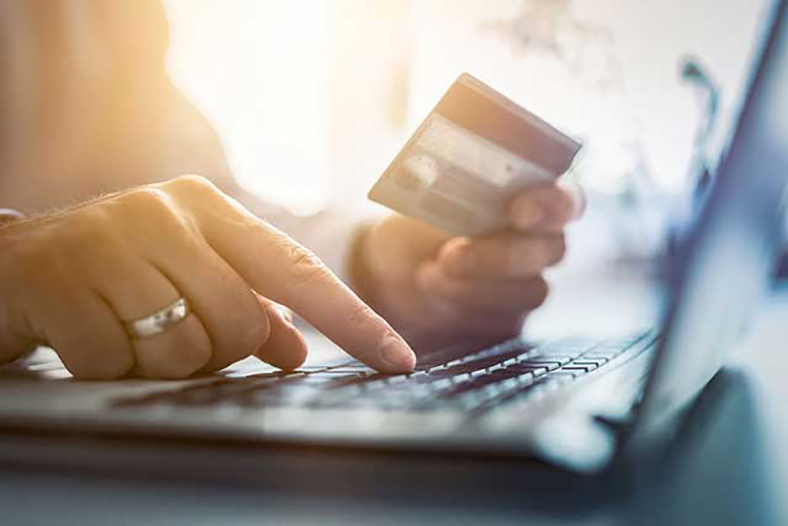


Routing Number: 263178070
*APR = Annual Percentage Rate.